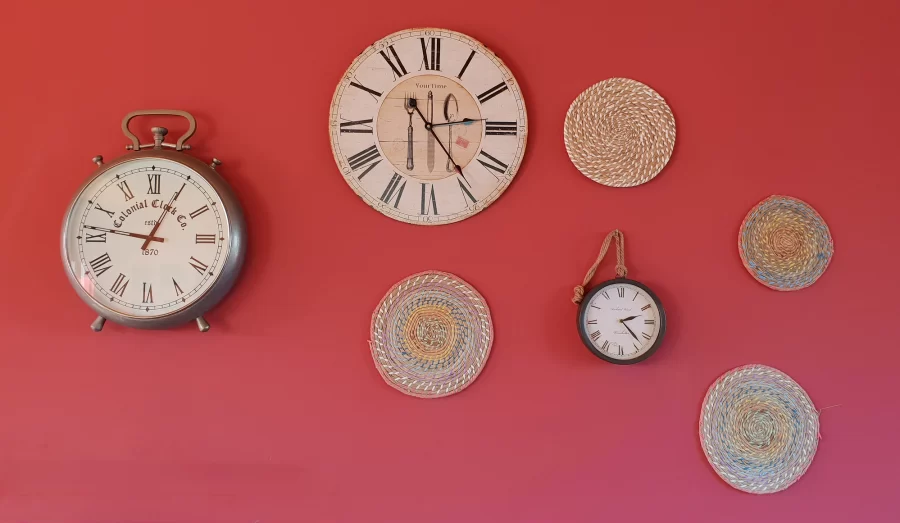The Benefits of Procrastination
September 26, 2021
Procrastination can be a double-edged sword. It is the action of putting off tasks to a later time. When broken down into subdivisions, procrastination consists of passive procrastination and active procrastination. Passive procrastinators are people who are unable to complete their duties in accordance with their deadlines. In this sense, procrastination is self-destructive. However, in comparison, active procrastinators are those who enjoy working under pressure because it could lead to more positive outcomes.
Generally, procrastination has a bad reputation because it connotes laziness. However, I do not believe that this is the case. Active procrastination is a useful tool for human beings because it enables the individual to prioritize more significant tasks, helps with decision making, and improves creativity. Therefore, the idea of active procrastination should not be looked down upon, but rather, it should be embraced.
To begin with, procrastination allows a person to learn what matters most to them. When an individual is having a difficult time accomplishing a certain task, there has to be a reason for it. Perhaps delaying this task was the person’s way of unconsciously stating that they were simply uninterested in the concept. This realization caused by procrastination could possibly help a person understand what they truly enjoy and what they dislike in comparison.
Furthermore, decision making becomes clearer with the help of procrastination. Occasionally, a person will hesitate on making a decision because they are not completely sure what the best choice is to make. In a sense, procrastination buys time for an individual to decipher the pros and cons of specific options, and help finalize their decision.
Finally, procrastination increases creativity. During the time period that a person chooses to procrastinate, their mind is subconsciously formulating new concepts and ideas that could help prepare them to complete their task to the best of their ability.
Adam Grant, a psychologist from the University of Pennsylvania, said in an article from Medical Advise, “Procrastination is a vice when it comes to productivity, but it can be a virtue when it comes to creativity.”
Procrastination may seem like a daunting concept, but it could have a positive influence. This includes highlighting what holds the most value to a person, assisting with decision making, and unlocking an individual’s creativity. It is there to encourage productivity and teach an individual more about prioritizing their tasks, so that they can work at their best.
PHOTO COURTESY OF UNSPLASH.COM

